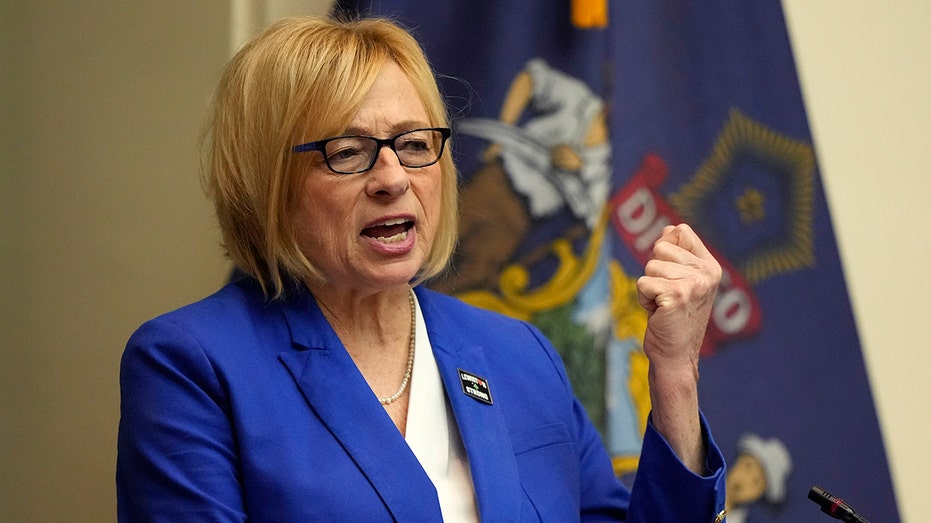Maine will become the latest to join a multistate effort to elect the president by popular vote with the Democratic governor’s announcement Monday that she’s letting the proposal become law without her signature.
Under the proposed compact, each state would allocate all its electoral votes to whoever wins the national popular vote for president, regardless of how individual states voted in an election.
Gov. Janet Mills said she understands that there are different facets to the debate. Opponents point out that the role of small states like Maine could be diminished if the electoral college ends, while proponents point out that two of the last four presidents have been elected through the electoral college system despite losing the national popular vote.
GOVERNOR KILLS MAINE PROPOSAL TO END ‘THREE STRIKES’ LAW FOR PETTY THEFT
Without a ranked voting system, Mills said she believes “the person who wins the most votes should become the president. To do otherwise seemingly runs counter to the democratic foundations of our country.”
“Still, recognizing that there is merit to both sides of the argument, and recognizing that this measure has been the subject of public discussion several times before in Maine, I would like this important nationwide debate to continue and so I will allow this bill to become law without my signature,” the governor said in a statement.
The National Popular Vote Interstate Compact is on hold for now — and won’t play a role in the upcoming November election.
The compact would take effect only if supporters secure pledges of states with at least 270 electoral votes. Sixteen states and Washington, D.C. have joined the compact and Maine’s addition would bring the total to 209, the governor said. Other hurdles include questions of whether congressional approval is necessary to implement the compact.
In Maine, one of only two states to split their electoral votes under the current system, the debate in the m fell along partisan lines with Republican united in opposition.
Maine awards two of its four electoral votes to the statewide presidential winner along with one apiece for the winner of each congressional district. In 2016, the state split its electoral votes for the first time when Republican Donald Trump won a single electoral vote in the northern, conservative 2nd Congressional District. Trump collected an electoral vote again in his failed presidential bid in 2020.
























